
 i_need_contribute
i_need_contribute
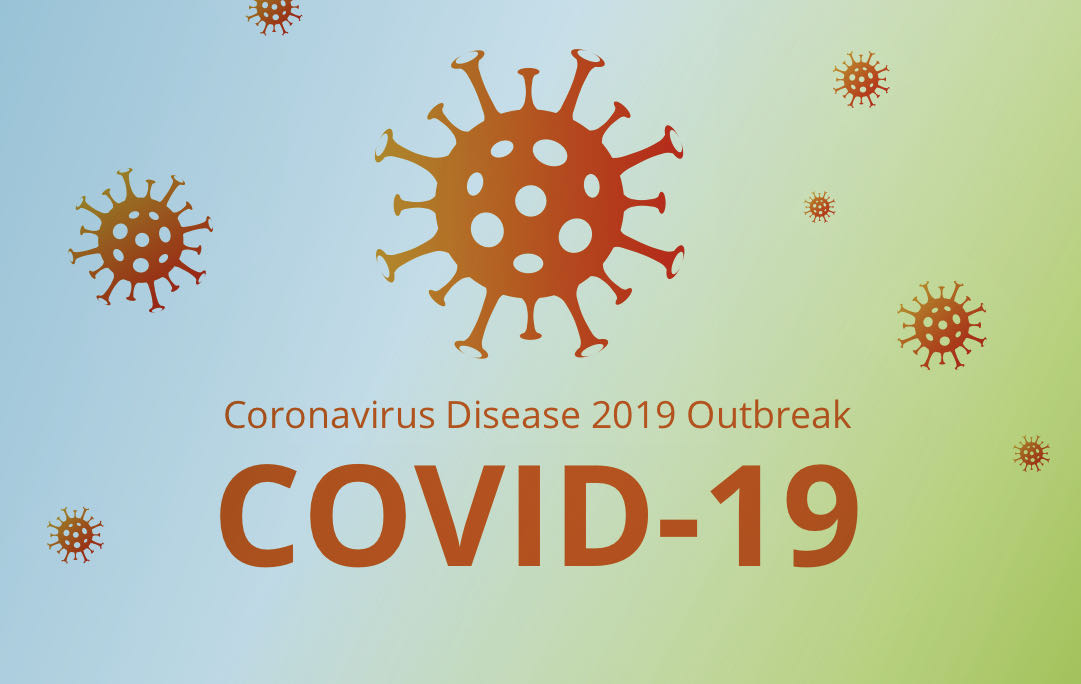
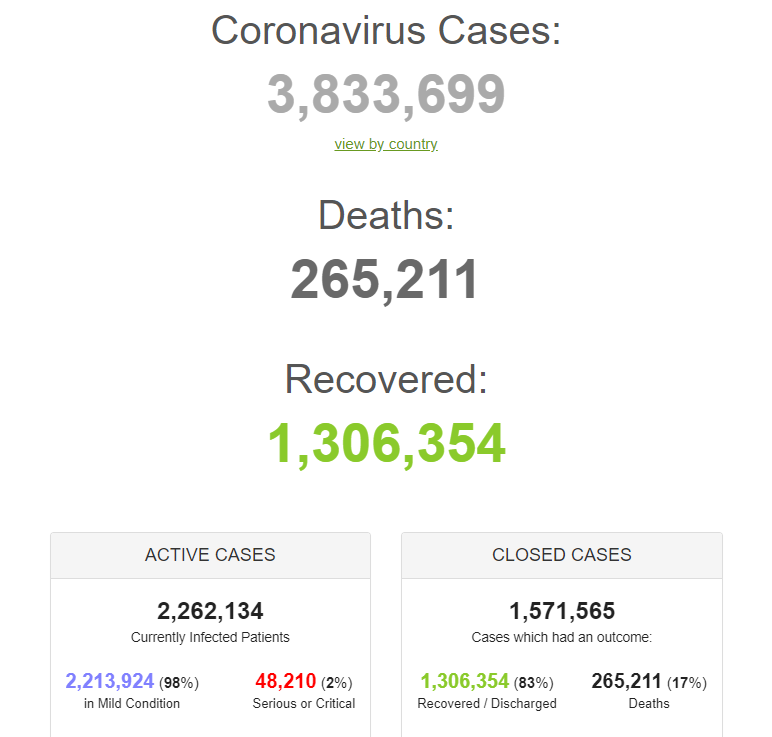
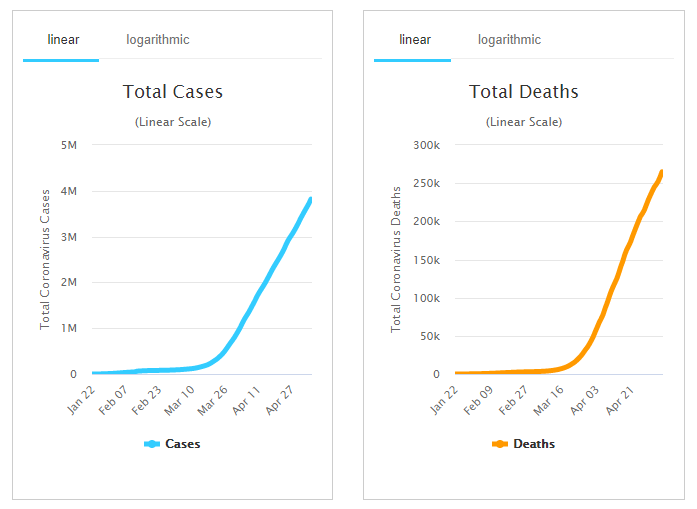
|
Country, |
Total |
New |
Total |
|
World |
3,817,382 |
+95,325 |
264,837 |
|
1,263,092 |
+25,459 |
74,799 |
|
|
253,682 |
+3,121 |
25,857 |
|
|
214,457 |
+1,444 |
29,684 |
|
|
201,101 |
+6,111 |
30,076 |
|
|
174,191 |
+3,640 |
25,809 |
|
|
168,162 |
+1,155 |
7,275 |
|
|
165,929 |
+10,559 |
1,537 |
|
|
131,744 |
+2,253 |
3,584 |
|
|
126,611 |
+11,896 |
8,588 |
|
|
101,650 |
+1,680 |
6,418 |
|
|
82,883 |
+2 |
4,633 |
|
|
63,496 |
+1,450 |
4,232 |
|
|
54,817 |
+3,628 |
1,533 |
|
|
52,987 |
+3,587 |
1,785 |
|
|
50,781 |
+272 |
8,339 |
|
|
41,319 |
+232 |
5,204 |
|
|
31,938 |
+1,687 |
209 |
|
|
30,060 |
+51 |
1,805 |
|
|
29,420 |
|
1,618 |
|
|
26,182 |
+480 |
1,089 |
|
|
26,025 |
+1,120 |
2,507 |
|
|
23,918 |
+702 |
2,941 |
|
|
23,214 |
+1,165 |
544 |
|
|
23,048 |
+1,032 |
281 |
|
|
22,248 |
+265 |
1,375 |
|
|
20,198 |
+788 |
20 |
|
|
19,255 |
+905 |
112 |
|
|
17,972 |
+830 |
12 |
|
|
16,310 |
+21 |
239 |
|
|
15,738 |
+546 |
157 |
|
|
15,684 |
+34 |
608 |
|
|
15,253 |
|
556 |
|
|
14,740 |
+309 |
733 |
|
|
14,107 |
+270 |
864 |
|
|
13,184 |
+487 |
327 |
|
|
12,438 |
+367 |
895 |
|
|
11,719 |
+790 |
186 |
|
|
10,806 |
+2 |
255 |
|
|
10,004 |
+320 |
658 |
|
|
9,938 |
+117 |
506 |
|
|
9,791 |
+114 |
203 |
|
|
8,959 |
+346 |
397 |
|
|
8,807 |
+327 |
362 |
|
|
7,996 |
+41 |
216 |
|
|
7,974 |
+78 |
262 |
|
|
7,808 |
+236 |
153 |
|
|
7,588 |
+387 |
469 |
|
|
7,523 |
+136 |
210 |
|
|
6,875 |
+26 |
97 |
|
|
6,428 |
+45 |
107 |
|
|
6,289 |
+485 |
42 |
|
|
5,573 |
+161 |
252 |
|
|
5,408 |
+189 |
183 |
|
|
5,208 |
+188 |
273 |
|
|
4,997 |
+159 |
476 |
|
|
4,476 |
+113 |
143 |
|
|
4,422 |
+217 |
30 |
|
|
3,934 |
+214 |
8 |
|
|
3,851 |
+11 |
98 |
|
|
3,392 |
+168 |
104 |
|
|
3,145 |
+195 |
103 |
|
|
3,111 |
+46 |
373 |
|
|
3,091 |
+372 |
18 |
|
|
2,989 |
+1 |
55 |
|
|
2,903 |
+168 |
13 |
Source:https://www.worldometers.info/coronavirus/
From the NewYork Times
The United Nations more than tripled the size of its humanitarian aid appeal on Thursday to help the most vulnerable countries threatened by the coronavirus pandemic, from $2 billion initially sought just six weeks ago to $6.7 billion now.
The enormous expansion of the appeal, announced by Mark Lowcock, the top humanitarian aid official at the United Nations, reflected what he described as an updated global plan that includes nine additional countries deemed especially vulnerable: Benin, Djibouti, Liberia, Mozambique, Pakistan, the Philippines, Sierra Leone, Togo and Zimbabwe.
While the peak of the pandemic in the poorest countries is not expected until somewhere between three and six months from now, the United Nations said in a statement that “there is already evidence of incomes plummeting and jobs disappearing, food supplies failing and prices soaring, and children missing vaccinations and meals.”
Mr. Lowcock, who heads the United Nations Office for the Coordination of Humanitarian Affairs, said in the statement that “unless we take action now, we should be prepared for a significant rise in conflict, hunger and poverty. The specter of multiple famines loom.”
From the NewYork Times
The Indian authorities are investigating whether the rush to reopen a chemical plant in eastern India after a long coronavirus lockdown contributed to a deadly gas leak on Thursday morning.
At least seven people have died and hundreds were rushed to hospitals after a cloud of toxic styrene gas escaped from a polymer factory owned by the South Korean company LG Corp. and located near the eastern India city of Visakhapatnam.
India had been under a strict coronavirus lockdown for the past six weeks. But the lockdown was eased this week, allowing more industries to operate, and the chemical plant started to reopen on Wednesday.
“It seems unskilled labor mishandled the maintenance work and because of that, the gas leaked,” said Srijana Gummalla, commissioner of Greater Visakhapatnam Municipal Corporation, the local government body.
Dozens of men and women were left lying unconscious in the street. Mothers ran to hospitals with limp children in their arms. Police officers moved house to house to evacuate the area around the plant.
“We could feel the strong stench of the gas. Our eyes started watering and we could smell the gas in our mouths,” said one man, DVSS Ramana, who lived near the plant and spoke by telephone as he was fleeing.
The upsetting images of the accident broadcast on Indian television stations immediately drew comparison to the 1984 gas leak in India’s Bhopal State, considered the world’s worst industrial accident. That leak, at a Union Carbide pesticide plant, left nearly 4,000 dead and another 500,000 injured.
From the NewYork Times
“I was happy to be back at work, but I am not coming with the same spirit you have when your kids are in school and day care,” Ms. Monti said.Credit...Alessandro Grassani for The New York Times
Millions of Italians returned to work on Monday after nearly two months of being on lockdown because of the coronavirus. But many working parents are unsure about how to ease back into their professional lives when their young children still can’t go to school.
Italy, once the epicenter of the coronavirus outbreak in Europe, was the first European country to impose national lockdown restrictions on March 10. When it lifted some of those restrictions this week, schools, nurseries, day cares and summer camps remained closed.
The Italian government has issued several measures to assist families juggling work and increased parental responsibilities during the epidemic. They include an additional 15 days of annual parental leave and a one-time voucher for 600 euros to go toward babysitting. Last week, the government announced it was evaluating a plan to reopen nurseries and day care centers by the summer. Schools, however, are only expected to reopen in September.
But families say the government hasn’t done enough and that the measures that have been introduced fall short.
Many parents — and especially mothers — fear they will be forced to choose between their jobs and their family as the country slowly crawls back to life, and have called on the government to step in and act.
Across the European Union, the women’s employment average is 67 percent, compared with 54 percent in Italy. And one study on gender inequality in the country showed that women already shoulder a disproportionate amount of child care duties.
An article published last month on Lavoce.info, an Italian website, showed that 72 percent of those expected to return to work on Monday would be men, as restrictions on construction sites and factories, where jobs are traditionally held by men, were among the first to be lifted.
From the NewYork Times
By every measure, the coronavirus pandemic has decimated the travel industry.
The images of the world’s shutdown are eerie, the numbers are staggering. Approximately 100 million travel sector jobs, according to one global estimate, have been eliminated or will be. Passenger traffic on U.S. airlines is down 95 percent compared to last year, while international passenger revenues are expected to decrease by more than $300 billion. U.S. hotel occupancy rates fell off a cliff and now hover around 25 percent.
Regions and countries are beginning to open up, but the outbreak will undoubtedly change how we think, act and travel, at least in the short term.
“The pandemic is going to fade slowly, with aftereffects, a lot of which will be psychological,” said Frank Farley, a Temple University psychology professor and the former president of the American Psychological Association. “There’s so much uncertainty the average folk might want to know everything about travel,” he said. “What’s the escape hatch? What are the safety issues?”
Yet the desire to travel will not go away: In a recent survey by Skift Research, the research arm of the travel trade publication, one-third of Americans said they hope to travel within three months after restrictions are lifted.
To learn how the landscape might change, we talked to dozens of experts, from academics to tour operators to airport architects. Across the board, they highlighted issues of privacy and cleanliness and the push-pull of people wanting to see the world while also wanting to stay safe. Tap here for answers to 14 of the most pressing questions about travel’s future.
From the NewYork Times
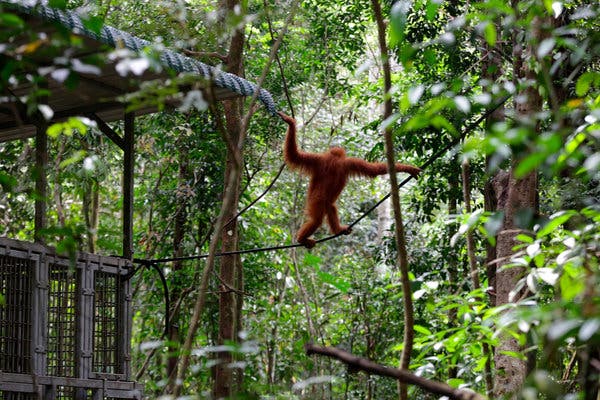
A Sumatran orangutan after it was released back into the wild in Aceh, Indonesia, in February.Credit...Antara Foto, via Reuters
Bina Wana, a 6-year-old orangutan that was rescued as a baby when his mother was killed, had been scheduled to be freed soon, as part of an ambitious program that has released more than 300 rescued Sumatran orangutans into the rainforest.
But as with so many of his human cousins, Bina Wana’s freedom has been put on hold by the coronavirus.
Scientists fear that the virus, which is thought to have originated in bats and jumped to humans, could just as easily jump to great apes — gorillas, chimpanzees, bonobos and orangutans — which share 97 to 99 percent of their DNA with people. All are highly endangered.
If the virus were to infect even one wild ape, experts fear it could spread unchecked and wipe out an entire population. There would be no way to stop it in the wild.
“We are worried about this and taking it very seriously,” said Ian Singleton, director of the Sumatran Orangutan Conservation Program, which has been raising Bina Wana since his 2014 rescue. “If it happens, it will be a catastrophe.”
From the NewYork Times
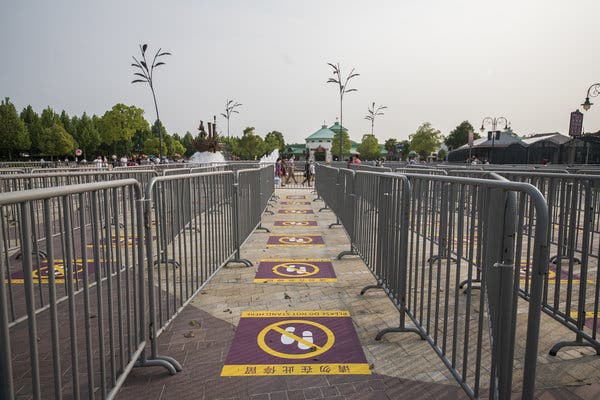
Barriers for social distancing lines set up outside of Disneyland in Shanghai in preparation for its reopening.Credit...Hu Chengwei/Getty Images
After being closed for more than three months, Shanghai Disneyland will greet visitors again on Monday, the first Disney park to reopen after the company closed them amid the coronavirus pandemic.
In China, where the park is a major attraction, many people saw the move as symbolic. “The reopening means the outbreak in China is truly controlled,” a user wrote on Weibo, the Chinese social media platform.
All, however, is not back to normal. Visitors will be required to register personal information online and show that their code is green on China’s health-tracking smartphone app, which authorities have used to rank people’s infection risk. Visitors will have their temperatures checked at the gates. They must wear masks. Crowd sizes will be controlled at restaurants, rides and other facilities. Pictures released by Disney show markings on the ground to help park-goers maintain social distancing.
“Finally, there won’t be a line at the Tron Lightcycle Power Run!” an excited Disney fan wrote, referencing a popular ride. Opened in 2016 as the first Disney park in mainland China, it is known for its hourslong lines.
Not everything will be open. Some attractions, like theater shows and the park’s colorful nighttime parade, will be canceled to limit guest contact.
From CNN’s Vasco Cotovio in London
The British government has yet to make “any final decisions,” on which of the anti-coronavirus restrictions it will ease on Monday, Northern Ireland Secretary Brandon Lewis said in an interview on Thursday.
“We haven't made any final decisions on these issues yet,” Lewis told BBC Breakfast. “I would just say to people to not get too carried away with what we may be reading and just wait until the government guidelines and the prime minister's statement.”
The Northern Ireland secretary also seemed to pour cold water on those craving to go back to work starting Monday.
From Valentina DiDonato in Rome
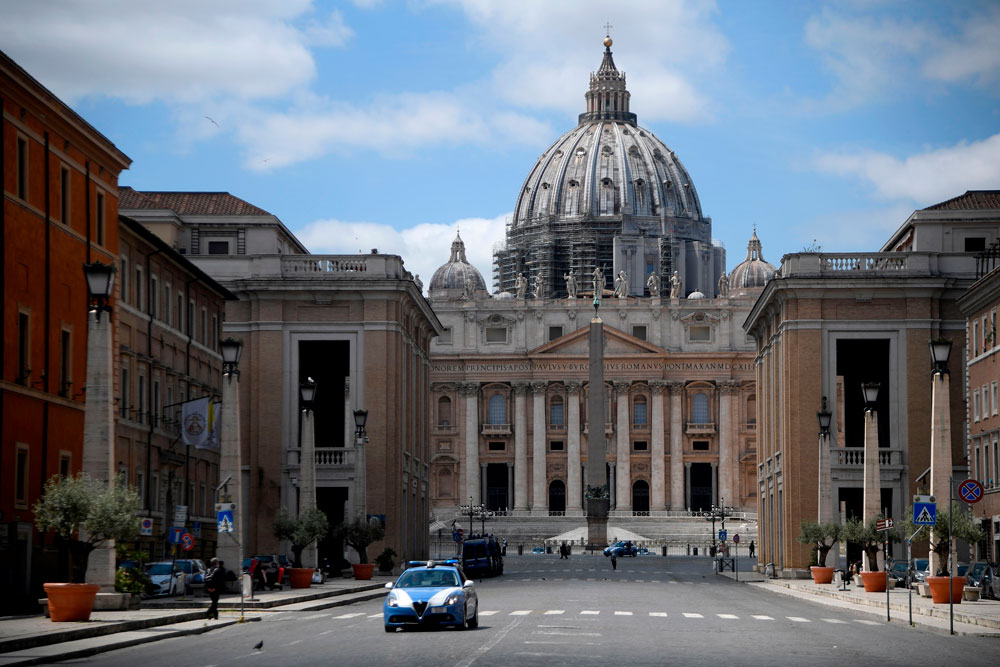
An Italian State Police car patrols along Via della Conciliazione on May 6 in Rome near Vatican City. Filippo Monteforte/AFP/Getty Images
A twelfth case of Covid-19 in Vatican City is also an employee of Pope Francis, the Holy See press office said on Wednesday.
The person has been working remotely since early March and is now under observation at home, according to the director of the Holy See press office, Matteo Bruni.
Vatican City is the seat of the Catholic church, and it has been a sovereign state in the middle of Rome since 1929. It has 605 residents, all with a Vatican City passport and who are out of Italy's legal jurisdiction.
From CNN's Robert North
The Bank of England has warned that the impact of the coronavirus pandemic will see the UK economy plunge into a deep recession.
The Bank says GDP will contract by 14% in 2020, with unemployment rising to 8%. It is currently predicting a rebound in 2021, with GDP set to grow by 15%.
The Bank also left UK interest rates unchanged at 0.1%. The central bank decided not to increase its stimulus efforts, and will maintain its current £200 billion ($248 billion) stimulus plan.
From CNN’s Vasco Cotovio in London
An order of around 400,000 surgical gowns ordered by the British government from Turkey in mid-April was never distributed among National Health Service workers because it did not meet safety standards.
“If equipment does not meet our specifications or pass our quality assurance processes it is not distributed to the front line,” a spokesperson for Britain’s Department of Health and Social Care (DHSC) told CNN on Thursday, when asked if the shipment in question had failed to meet safety standards.
“All deliveries of PPE (personal protective equipment) are checked to ensure the equipment meets the safety and quality standards our frontline staff need.”
The British government announced it had secured a delivery of PPE from Turkey, which the UK’s Royal Air Force flew into the country on April 22. The shipment came amid warnings that NHS Trusts risked running out of surgical gowns.
From CNN's Sophia Saifi in Islamabad
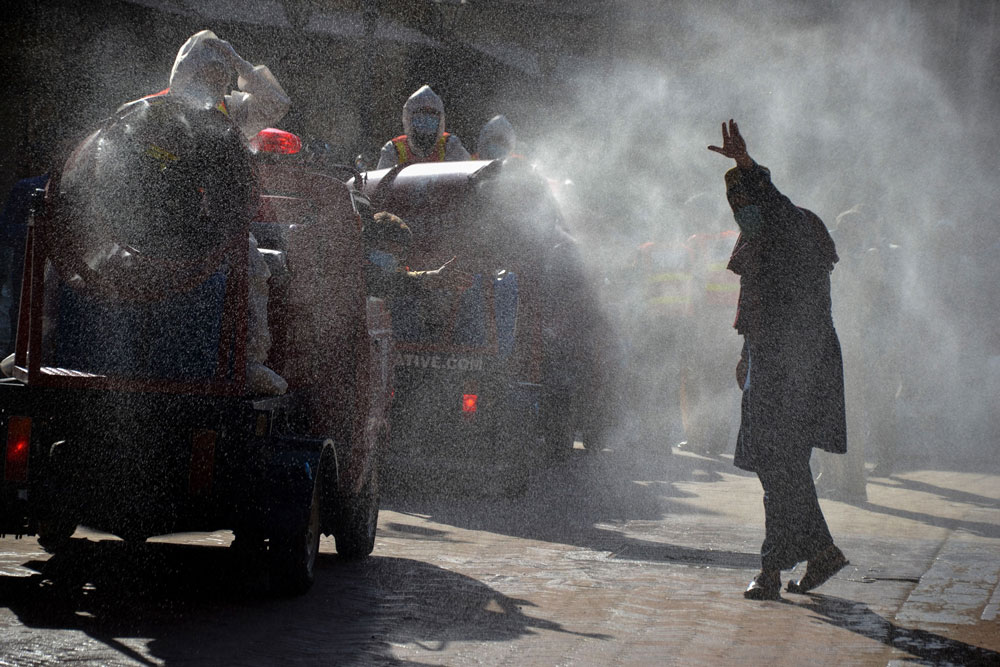
Rescue workers spray disinfectant along a road in Peshawar on May 6. Abdul Majeed/AFP/Getty Images
Another 1,523 cases of the novel coronavirus were diagnosed in Pakistan on Wednesday, according to the Ministry of Health -- the country's largest daily increase yet.
At least 24,073 cases of the virus have been confirmed in Pakistan, killing 564 people.
The spike in cases comes after Pakistan recorded its highest number of coronavirus deaths in a single day on Tuesday.
From CNN's Sophie Jeong
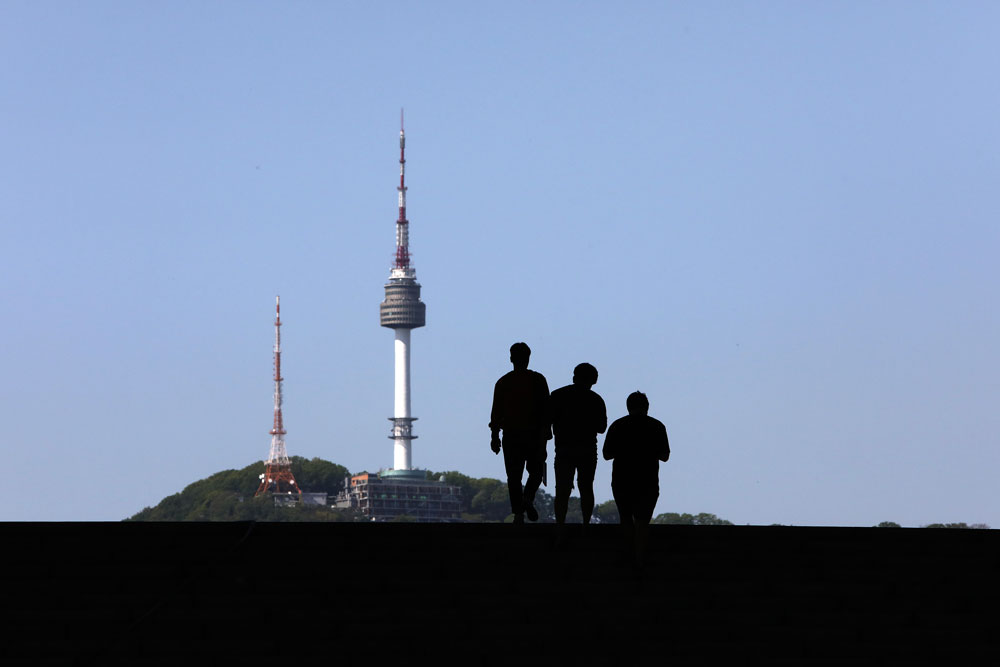
People visit the reopened National Museum of Korea on May 6 in Seoul. Chung Sung-Jun/Getty Images
South Korea reported four new cases of the novel coronavirus today, including one new local infection -- the country's first since Saturday.
The other three cases were imported.
At least 10,810 cases of the novel coronavirus have been confirmed in South Korea, which at one time during the early stages of the pandemic had one of the largest outbreaks in the world.
But Seoul has brought the virus mostly under control and between Sunday and Tuesday there were no new local infections recorded.
One more Covid-19-related fatality was reported today, bringing the country's death toll to 256.
So far, 9,419 patients have recovered after being diagnosed with the coronavirus, meaning less than 13% of all cases are still active.
From journalist Sol Han
New Zealand Prime Minister Jacinda Ardern today outlined how coronavirus restrictions will ease when the country moves to a lower alert level.
The country is currently at level 3 of a four-point Covid-19 alert system, and Ardern described what life would look like under level 2.
She said that social distancing measures at level 2 had been designed to "get as many people back to work as possible and get the economy back up and running but in the safest way possible."
Borders would remain closed to everybody except New Zealand citizens. Meanwhile, citizens returning to the country would still need to isolate in hotels away from others.
From CNN's Brad Lendon
Thousands of US Marines are expected to head to Australia in the coming weeks after the Australian government granted an exemption to Covid-19 travel restrictions, the US Marine Corps said in a statement.
US Defense Secretary Mark Esper first announced in a tweet the resumption of the annual Marine Rotational Force-Darwin, in which as many as 2,500 Marines are deployed to Australia’s Northern Territory for six months during the country’s dry season.
The deployment had been suspended in late March after Australia closed its borders completely to all non-citizens and non-residents.
The US Marines will undergo a 14-day quarantine and face other requirements, Chuck Little, a spokesman for US Marine Corps Forces, Pacific, said in a statement.
From CNN Health’s Jen Christensen
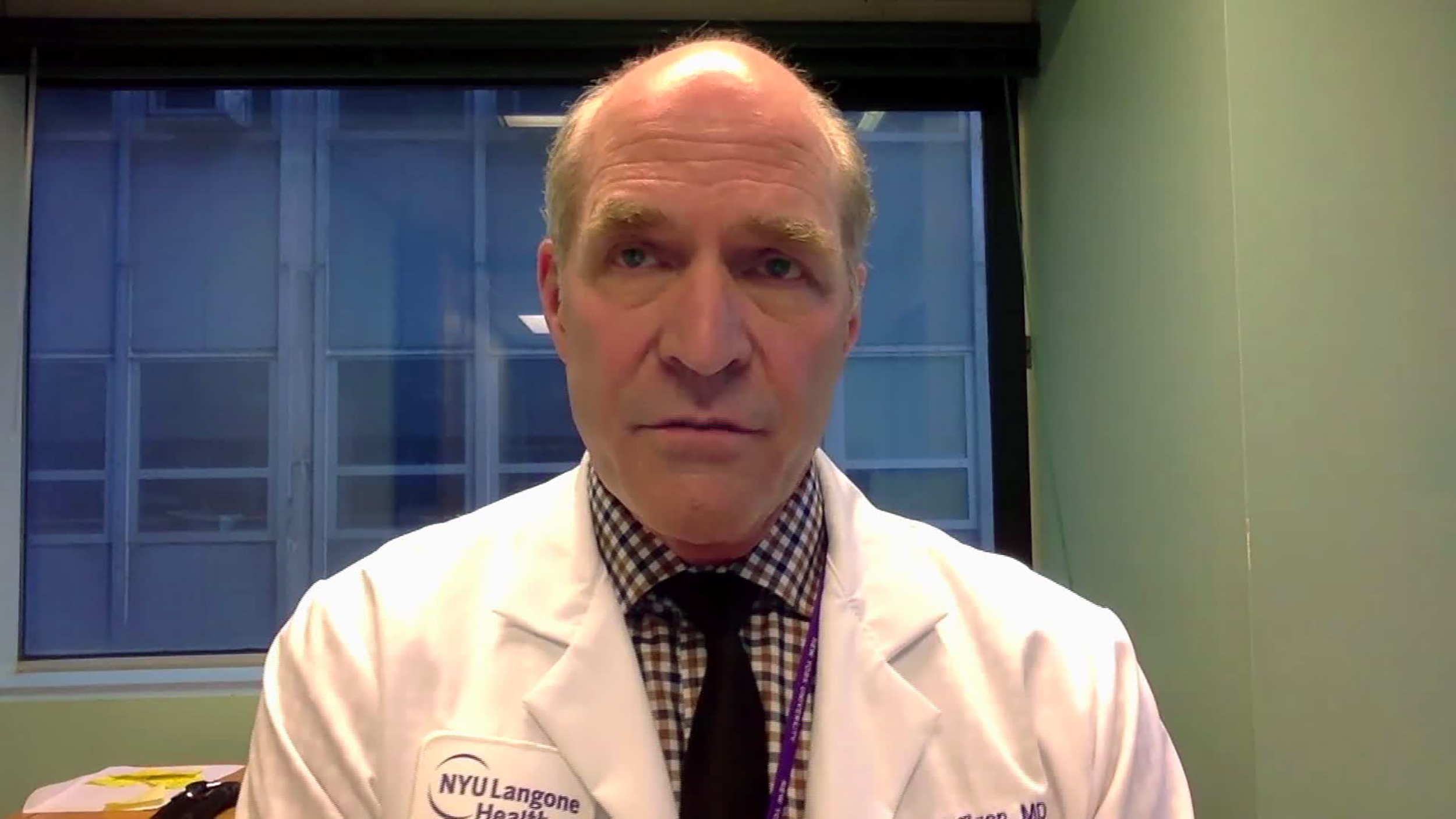
Dr. Mark Mulligan. CNN
The lead researcher overseeing a clinical vaccine trial for the novel coronavirus said scientists won’t know definitively if any of the vaccines work to prevent infection until April or May of next year.
Dr. Mark Mulligan said on CNN’s Erin Burnett OutFront that a one-year time frame is a “blazing process” for vaccine development.
“We’re doing things in months that normally would be done in years,” Mulligan said.
Mulligan is the director of the Vaccine Center at NYU’s Langone Health and is working with Pfizer Inc. and BioNTech SE on the trial.
NYU Grossman School of Medicine and the University of Maryland were the first centers to enroll patients in a vaccine trial for the novel coronavirus. Study participants got the vaccine this week. Pfizer and BioNTech launched a similar trial in Germany.
The first phrase of the trial will determine if it is safe. That typically takes three to four months, Mulligan said.
From CNN's Milena Veselinovic
The UK government will scrap its stay-at-home advice as part of the plan to gradually ease coronavirus restrictions, UK media reported on Wednesday evening.
British Prime Minister Boris Johnson told MPs earlier in the day that he will be lifting some restrictive measures starting next Monday, and will officially announce the details on Sunday.
Johnson will expand the once-a-day limit on exercise to allow "unlimited" exercise either individually or with members of the same household, The Telegraph reported.
He will also encourage people to go back to work if they can do it safely, and in a divergence to the strategy pursued by the government so far, he will tell those using public transport to use face-coverings where social distancing is not possible, according to The Telegraph. The Scottish government has already recommended use of face coverings in crowded spaces.
Schools could start a "phased" return of pupils at the beginning of June, but restaurants, bars and cafes have not been given a firm date for reopening, The Telegraph reported.
From CNN’s Shasta Darlington in Sao Paulo and Flora Charner in Atlanta
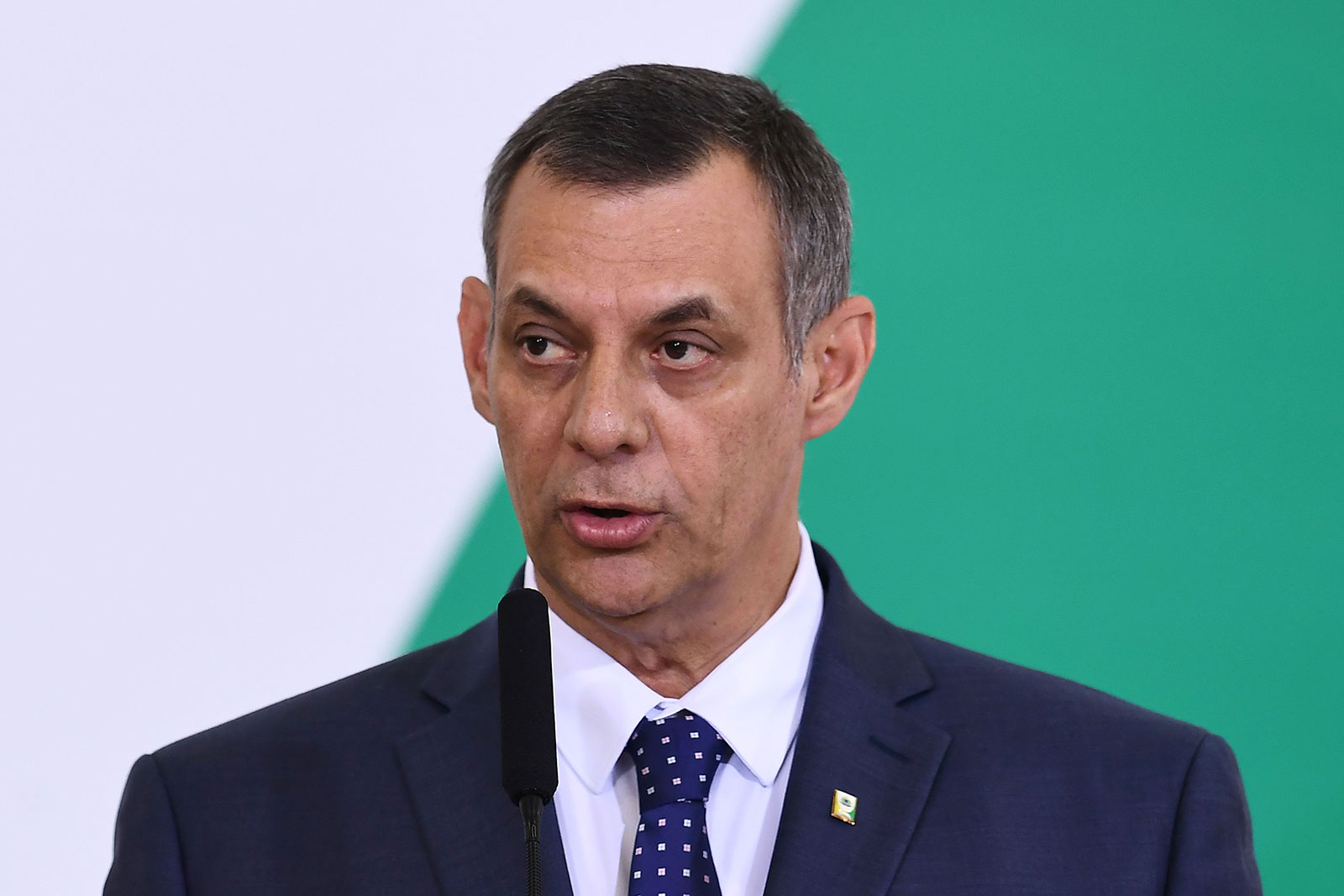
Brazilian presidency spokesman Otavio Rêgo Barros speaks at the Planalto Palace in Brasilia, on April 11, 2019. Evaristo Sa/AFP/Getty Images
Brazilian President Jair Bolsonaro’s official spokesman, Gen. Otávio Santana do Rêgo Barros, has tested positive for the coronavirus, according to a statement released by his office.
Rêgo Barros tested positive for Covid-19 on Monday, according to the statement. His team said the results were confirmed Tuesday and that he is recovering in his home.
According to the statement, he wasn’t displaying “any symptoms that should raise any concern.”
From Eva Tapiero in Paris
The number of coronavirus patients in intensive care units in France has continued to steadily decline since April 9, data from the French health ministry shows.
There are currently 3,147 Covid-19 patients in ICU in France, down by 283 from the day before, the ministry said on Wednesday.
A total of 23,983 people are hospitalized with coronavirus in France, which is down by 792 from the day before.
Source:https://edition.cnn.com/world/live-news/coronavirus-pandemic-05-07-20-intl/index.html
Trump has reportedly suggested the US coronavirus death count is an exaggeration, even though experts have said the official tally is likely an undercount, considering some people died of the virus without being tested. White House press secretary Kayleigh McEnany denied the report at her briefing moments ago.
McEnany defended Trump’s decision to block Dr Anthony Fauci from testifying before the House. The press secretary described the request from the Democratic-controlled House as a “publicity stunt,” even though Fauci will testify before the Senate next week.
Trump said the White House coronavirus task force would “continue on indefinitely,” a reversal from his comments yesterday suggesting the group’s work would be winding down. The president said today he “had no idea how popular the task force is.”
Trump vetoed a bipartisan resolution limiting his ability to take military action against Iran without congressional approval. “This was a very insulting resolution, introduced by Democrats as part of a strategy to win an election on November 3 by dividing the Republican Party,” the president said. It’s unlikely that either legislative branch will have the two-thirds majority to override Trump’s veto.
Nancy Pelosi criticized Trump for pushing to reopen the country, as health experts warn relaxing social distancing restrictions too soon could cause a surge in coronavirus cases. “Death is not an economic motivator, stimulus, so why are we going down that path?” Pelosi said.
The Supreme Court declined to block Pennsylvania’s shutdown order. The justices, echoing an earlier decision from the Pennsylvania Supreme Court, affirmed Democratic governor Tom Wolf’s right to shut down most non-essential businesses to limit the spread of the virus.
Trump said Dr Rick Bright is a “disgruntled guy.” Bright has said he was removed from his role overseeing the development of a coronavirus vaccine after he refused to promote hydroxychloroquine as a potential coronavirus treatment.